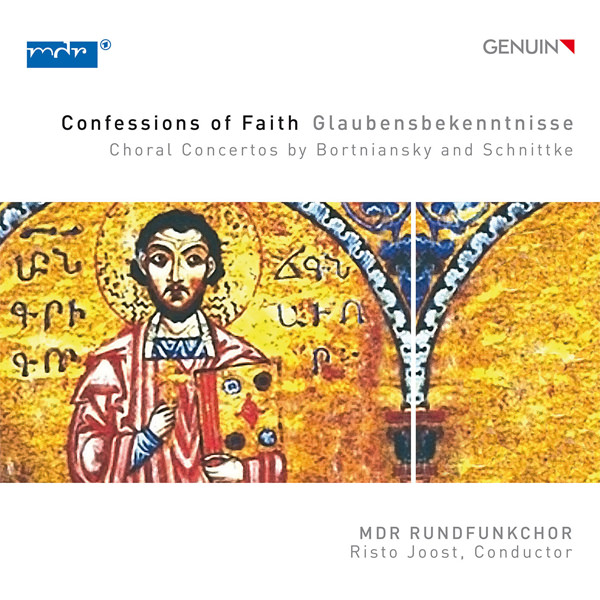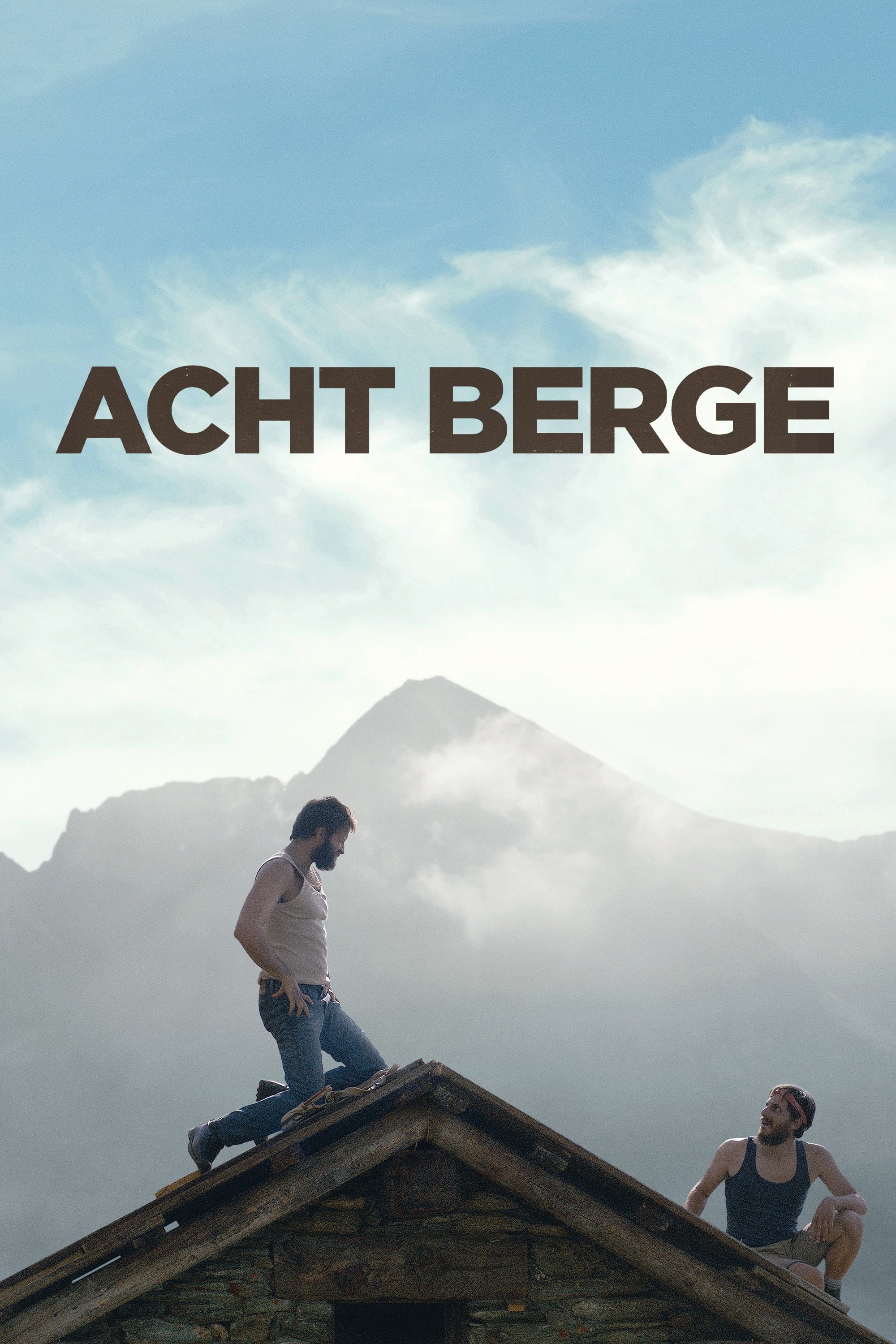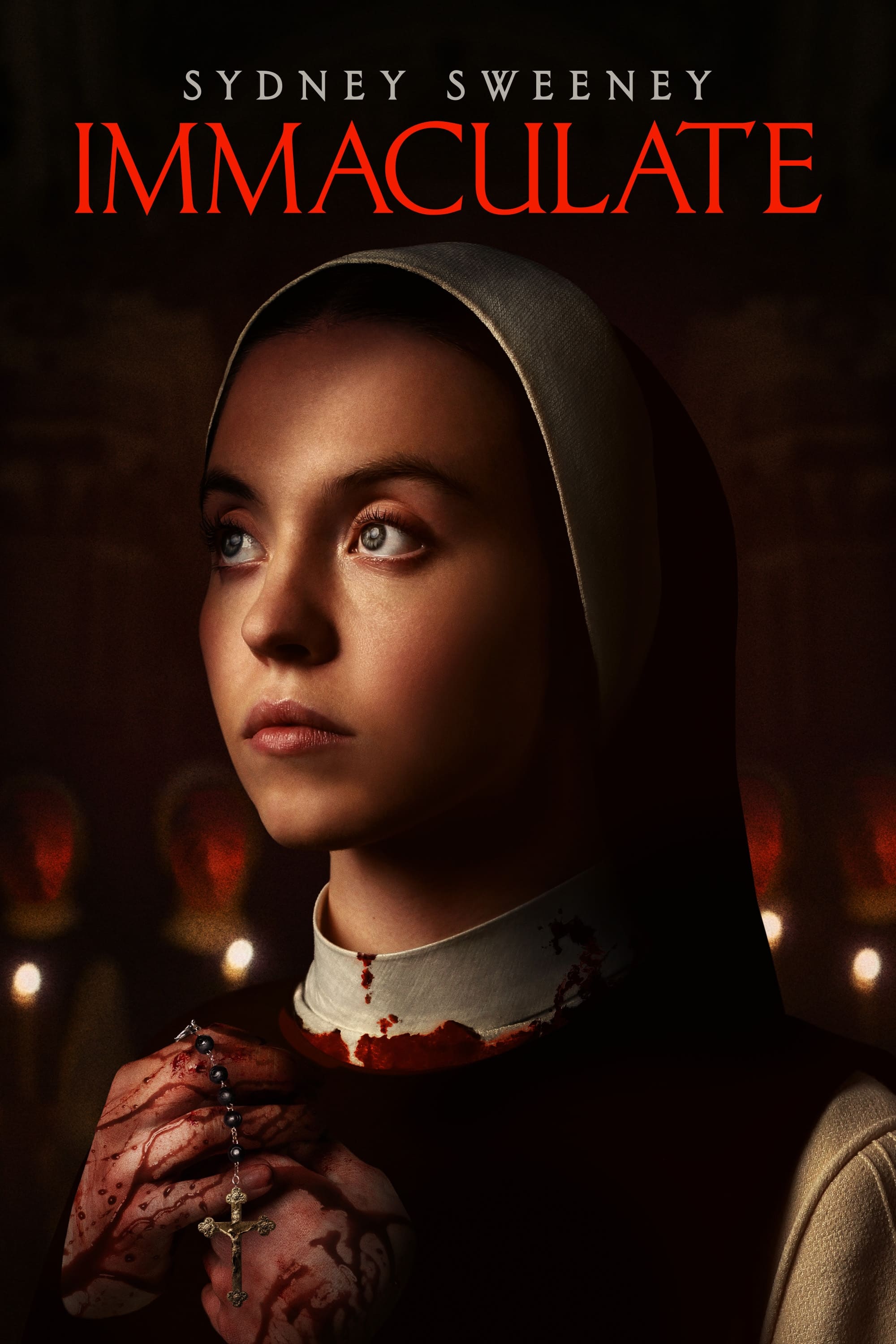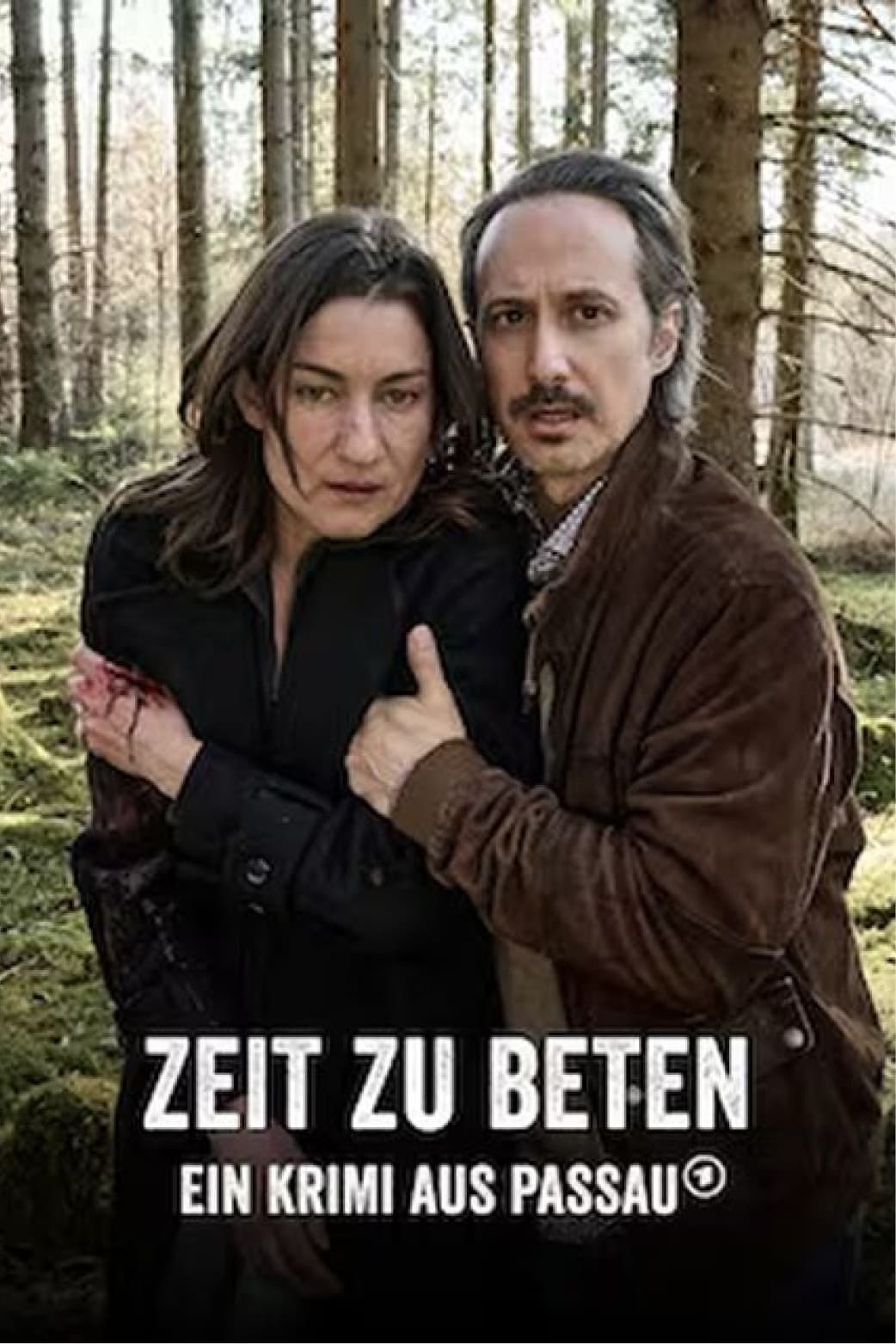
Dmytro Bortniansky, Alfred Schnittke – Confessions of Faith – Choir Concertos – MDR Rundfunkchor, Risto Joost (2017)
FLAC (tracks) 24 bit/48 kHz | Time – 54:54 minutes | 500 MB | Genre: Classical
Studio Masters, Official Digital Download – Source: prestoclassical.co.uk | Booklet, Front Cover | © GENUIN Classics
Recorded: at Paul-Gerhardt-Kirche, Leipzig, Germany; January 26-February 02 (tr. 04-07), June 27-30 (tr. 01-03), 2016
Revered by his contemporaries as the “Orpheus of the Neva”, Dmitry Stepanovych Bortniansky is today regarded as one of the leading representatives of the classical period in Russia. He was born in 1751 in Glukhov (Hlukhiv), Ukraine, where he started vocal training at the age of six and was one year later, due to his unusual talent, accepted into the St. Petersburg Imperial Chapel Choir founded by Tsar Peter I. The young musician’s most influential teacher was Baldassare Galuppi, highly respected at the time, whom Catherine II in 1763 had brought to St. Petersburg as her court conductor. With him Bortniansky studied harpsichord and musical theory as well as perfecting his vocal technique. When Galuppi returned to Venice in 1768 the aspiring musician was allowed to accompany his teacher in order to continue and complete his studies. During his subsequent ten-year sojourn in Italy Bortniansky also wrote some “Italian” opere serie such as Cretone (1776), Alcide (1778) and Quinto Fabio (1778) which were premiered in Venice and Modena respectively.
In 1779 Bortniansky was recalled to St. Petersburg where he henceforth worked as harpsichordist at the tsar’s court, taught at the Smolny Institute and was active in local theatre productions. In 1784 he was appointed court conductor at the so-called “small court” of the heir apparent Pavel Petrovich where, in keeping with his new employer’s taste, he among other works composed the three “French” operas La Fête du seigneur (1786), Le Faucon (1786) and Le Fils rival (1787). Following the ascension to the throne of Pavel I Bortniansky became director of the Imperial Chapel Choir for which he wrote a large body of liturgical a cappella choral music — after all no instrument made by the hand of man was to be heard in the orthodox service, only that musical vessel created by God himself, namely the human voice. Bortniansky’s compositions offer us an inkling of what an extraordinary level of accomplishment the choir must have reached under his direction — not without reason did an anonymous contemporary write after one of the ensemble’s concerts: “Not in a very long time have I heard such sweet harmony: such delicate voices! Such music! Such expression on all faces! Every singer intones each note not only by elevation of the voice but feels the music, is enraptured by it and filled with ardour through and through.”
In his 30 years as director of the Imperial Chapel Choir Bortniansky exclusively composed sacred choral music which stylistically, however, displays many operatic and dramatic traits. No less a figure than Pyotr I. Tchaikovsky, revising the works of his composer colleague for printing by Jurgenson, noted for example that his sacred concertos “contain [many] secular devices which seem even theatrical or operatic”. Bortniansky’s legacy includes more than 100 concertos for choir, motets, eulogies, liturgies, “cherubic hymns” (as for example the radiantly elysian Cherubic Hymn No. 7) as well as numerous arrangements of ancient Russian hymns. Especially in his concertos for choir such as Concerto No. 9 on verses from Psalms 118, 85 and 61 and Concerto No. 24 on the well-known Psalm 121 “I lift up my eyes to the mountains” (verses 1-3 and 5-8) Bortniansky married the homogeneous and highly flexible and spacious Eastern choral sound with Western melodic sighs and appoggiatura dissonances, Baroque sequential techniques, and the use of homophony, imitation and fugato in the part-writing. After coming to know some of Bortniansky’s choir music during his visit to St. Petersburg in 1847 Hector Berlioz commented enthusiastically:
“These works are characterised by a rare mastery in handling large choral forces, by the divine amalgamation of nuances, by the wealth of harmony and — particularly surprising — by an unusually free disposition of the voices, by a magnificent indifference towards all rules which Bortniansky’s predecessors as well as his contemporaries subjugated themselves to, especially the Italians, whose pupil he regarded himself.”
Unlike with Bortniansky sacred music played only a minor role in the œuvre of Alfred Schnittke who spent nearly all his life in the former Soviet Union. He was born in 1934 in Engels, capital of the then Volga German republic. His father, a journalist and translator who had emigrated to the Soviet Union in 1926 from Frankfurt am Main, and his Volga German mother were staunch communists and had no concern with religion. Schnittke, who as one of the major composers of the 20 th century later coined the term “polystylism” with regard to his output, trained as a choral conductor at the Moscow Music Polytechnic before
studying composition, counterpoint and instrumentation at Moscow Conservatory from 1953 to 1958. After 1975, when with his Requiem Schnittke began examining traditional sacred music, his works were performed at numerous contemporary music festivals before finding their way into the concert programmes of major symphony orchestras in the 1980s.
Schnittke’s musical development progressed as he himself put it “via the romanticism of piano concertos, the academic certainties of neo-classicism, eclectic attempts at synthesis (Orff and Schönberg), and also experiencing those inescapable rites of manliness necessitating serial self-denial”. After deciding to “disembark from this already overcrowded train”, by the mid-1970s at the latest he had come to his polystylistic aesthetic through a visionary sense of poetry and a vast trove of stylistic experience — he composed the music for no less than 60 films: “It is possible to compose by means of a modern musical language by investing its elements with an archaic mode or vice versa: by employing the old language but using the logic of present developments. This will inevitably lead to a paradox of musical logic which will not allow itself to be pressed into any kind of stylistic frame. […] Polystylism for me is a conscious playing out of the stylistic differences by which a new musical space is created and dynamic shaping of form is once again made possible. […] There have always been polystylistic elements germinating in all music; Mahler, Ives, Berg, Stravinsky and Shostakovich have consciously applied polystylism.”
It is to this seemingly kaleidoscopic idiom that Schnittke’s monumental Concerto for Choir of 1984/85, based on the 10th century Book of Lamentations by the mystic Gregory of Narek, who in 2015 was named 36th ever Doctor of the Roman Catholic Church by Pope Francis, is indebted. For this work, first performed in its entirety on 11 th June 1986 in Moscow by the USSR State Chamber Choir conducted by Valery Poliansky, in which repeatedly meditative passages are contrasted with expressive outbursts, Schnittke uses typical elements of orthodox choral singing, linking them with the church style of Russian late romanticism, while some melodic phrases may also be reminiscent of Mussorgsky or Stravinsky. In the first movement which opens with an “empty” fifth, a recurring figure of thirds imitates the peal of church bells while dissonant superimposed chords form a distinct contrast to the static background of sound. The second movement builds up to a climactic eruption of the choral texture, fanned out into 17 parts, before the music returns to the introspection and lamentation of the beginning. A third movement upset by dissonant sound planes is followed by a contemplative epilogue and the work closes in a sanguine mood, full of faith in divine providence. -Dr. Harald Hodeige
Tracklist:
Dmytro Stepanovych Bortniansky (1751-1825)
Concerto No. 9
1. Allegro moderato – Andante 06:07
“This ist the day that the Lord has made” · Ps 118:24; 85:8; 61:6-8
Cherubic Hymn No. 7
2. Adagio – Allegro maestoso 04:14
“We, mystically representing the Cherubim”
Concerto No. 24
3. Adagio – Andante moderato – Allegro maestoso 07:02
“I lift up my eyes to the mountains” · Ps 121
Alfred Schnittke (1934-1998)
Concerto for Choir (1984)
4. I. Andante 15:07
“O Lord of all living things, bestowing precious gifts upon us”
5. II. Andante 06:56
“These songs, with verses which black sadness fills to the brim”
6. III. Andante mosso 10:24
“All those who grasp the nature of this work”
7. IV. Lento molto 05:01
“This work, which I began full of hope and in your name, you shall complete”
Personnel:
MDR Rundfunkchor
Risto Joost, Conductor
Choir soloists:
Dorothea Sprenger, Soprano (track 04)
Alba Vilar-Juanola, Soprano (track 04)
Falk Hoffmann, Tenor (tracks 04 & 06)
Jae-Hyong Kim, Bass (track 06)
Download:
mqs.link_BrtnianskySchnittkeCnfessinsfFaithMDRRundfunkchrRistJst2017PrestClassical2448.rar










![Leonard Elschenbroich, Petr Limonov - Alfred Schnittke: Musica Nostalgica (2017) [PrestoClassical FLAC 24bit/48kHz] Leonard Elschenbroich, Petr Limonov - Alfred Schnittke: Musica Nostalgica (2017) [PrestoClassical FLAC 24bit/48kHz]](https://getimg.link/images/imgimgimg/uploads/2018/08/3wKuW7a.jpg)
![Pacifica Quartet - Dmitri Shostakovich and his Contemporaries: The Soviet Experience Vol. 1-4 (2011-2013) [24bit FLAC] Pacifica Quartet - Dmitri Shostakovich and his Contemporaries: The Soviet Experience Vol. 1-4 (2011-2013) [24bit FLAC]](https://getimg.link/images/imgimgimg/uploads/2017/07/ntIbtOp.jpg)
![Wilhelm Fitzenhagen - Cello Concertos - Alban Gerhardt, Deutsches Symphonie-Orchester Berlin, Stefan Blunier (2015) [FLAC 24bit/48kHz] Wilhelm Fitzenhagen - Cello Concertos - Alban Gerhardt, Deutsches Symphonie-Orchester Berlin, Stefan Blunier (2015) [FLAC 24bit/48kHz]](https://getimg.link/images/imgimgimg/uploads/2016/07/1w55fQ1.jpg)
![Leonard Bernstein - Serenade for Solo Violin; Alfred Schnittke - Concerto Grosso No. 1, Moz-art a la Haydn - Hans-Peter Hofmann, Les Dissonances, David Grimal (2016) [HighResAudio FLAC 24bit/88,2kHz] Leonard Bernstein - Serenade for Solo Violin; Alfred Schnittke - Concerto Grosso No. 1, Moz-art a la Haydn - Hans-Peter Hofmann, Les Dissonances, David Grimal (2016) [HighResAudio FLAC 24bit/88,2kHz]](https://getimg.link/images/imgimgimg/uploads/2017/03/jx7RMCS.jpg)
![Alfred Schnittke - Penitential Psalms - RIAS Kammerchor, Hans-Christoph Rademann (2016) [eClassical FLAC 24bit/48kHz] Alfred Schnittke - Penitential Psalms - RIAS Kammerchor, Hans-Christoph Rademann (2016) [eClassical FLAC 24bit/48kHz]](https://getimg.link/images/imgimgimg/uploads/2017/05/JRx3Kxm.jpg)
![Erato Alakiozidou & Lutoslawski Quartet - Light Over Darkness (2017) [FLAC 24bit/44,1kHz] Erato Alakiozidou & Lutoslawski Quartet - Light Over Darkness (2017) [FLAC 24bit/44,1kHz]](https://getimg.link/images/imgimgimg/uploads/2019/11/LFYg09k.jpg)
![VA - Christmas with St John’s (2016) [FLAC 24bit/96kHz] VA - Christmas with St John’s (2016) [FLAC 24bit/96kHz]](https://getimg.link/images/imgimgimg/uploads/2018/04/PrP9mrX.jpg)
![Dmitry Masleev - Piano (2017) [FLAC 24bit/44,1kHz] Dmitry Masleev - Piano (2017) [FLAC 24bit/44,1kHz]](https://getimg.link/images/imgimgimg/uploads/2019/11/EfAxcU5.jpg)
![MDR Leipzig Radio Symphony Orchestra & Kristjan Jarvi - Steve Reich: Duet (2016) [FLAC 24bit/48kHz] MDR Leipzig Radio Symphony Orchestra & Kristjan Jarvi - Steve Reich: Duet (2016) [FLAC 24bit/48kHz]](https://getimg.link/images/imgimgimg/uploads/2018/10/hQsV1pM.jpg)
![Glenn Gould - The Complete Columbia Album Collection (2015 Remastered Edition) [Qobuz FLAC 24bit/44,1kHz] Glenn Gould - The Complete Columbia Album Collection (2015 Remastered Edition) [Qobuz FLAC 24bit/44,1kHz]](https://getimg.link/images/imgimgimg/uploads/2017/07/2bHwfbA.jpg)
![Concerto Koln, Peter Dijkstra - J.S. Bach: St John Passion (Johannes-Passion), BWV 245 (2016) [PrestoClassical FLAC 24bit/48kHz] Concerto Koln, Peter Dijkstra - J.S. Bach: St John Passion (Johannes-Passion), BWV 245 (2016) [PrestoClassical FLAC 24bit/48kHz]](https://getimg.link/images/imgimgimg/uploads/2018/08/TLPIc01.jpg)
![Joo Yeon Sir & Irina Andrievsky - Britten, De Falla, Gershwin, Milhaud & Schnittke: Suites & Fantasies (2017) [Qobuz FLAC 24bit/96kHz] Joo Yeon Sir & Irina Andrievsky - Britten, De Falla, Gershwin, Milhaud & Schnittke: Suites & Fantasies (2017) [Qobuz FLAC 24bit/96kHz]](https://getimg.link/images/imgimgimg/uploads/2017/11/FcgD9z5.jpg)
![London Symphony Orchestra, Valery Gergiev - Rachmaninov: Symphony No. 3; Balakirev: Russia (2015) [nativeDSDmusic DSF DSD64/2.82MHz] London Symphony Orchestra, Valery Gergiev - Rachmaninov: Symphony No. 3; Balakirev: Russia (2015) [nativeDSDmusic DSF DSD64/2.82MHz]](https://getimg.link/images/imgimgimg/uploads/2019/05/BSou4Lj.jpg)
![Howard Shelley, London Mozart Players - Kozeluch: Piano Concertos Nos 1, 5 & 6 (2016) [Hyperion FLAC 24bit/96kHz] Howard Shelley, London Mozart Players - Kozeluch: Piano Concertos Nos 1, 5 & 6 (2016) [Hyperion FLAC 24bit/96kHz]](https://getimg.link/images/imgimgimg/uploads/2019/01/m7LdDI0.jpg)
![Karim Sulayman, Apollo’s Fire, Jeannette Sorrell - Songs Of Orpheus (2018) [Qobuz FLAC 24bit/96kHz] Karim Sulayman, Apollo’s Fire, Jeannette Sorrell - Songs Of Orpheus (2018) [Qobuz FLAC 24bit/96kHz]](https://getimg.link/images/imgimgimg/uploads/2019/03/riC86pN.jpg)